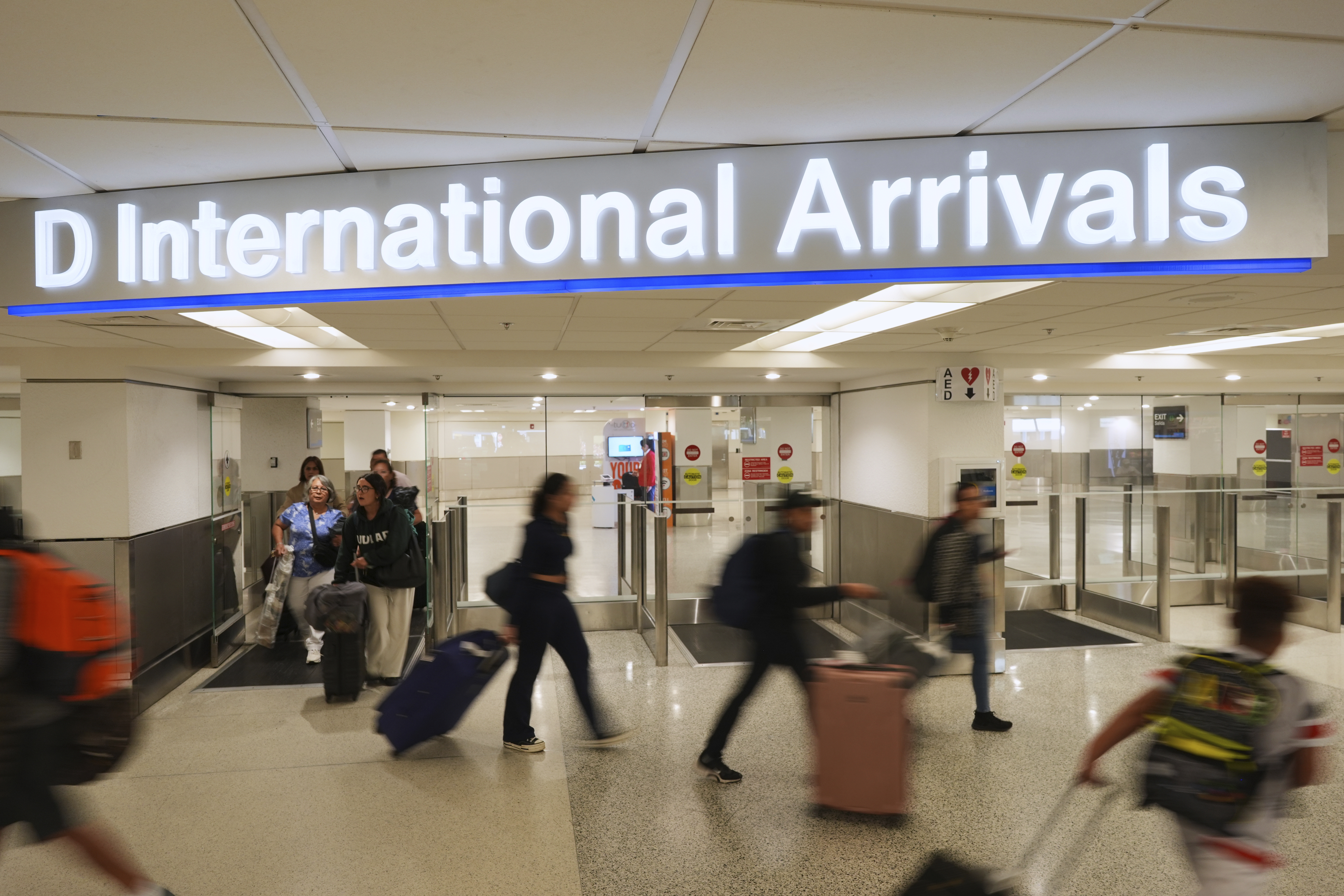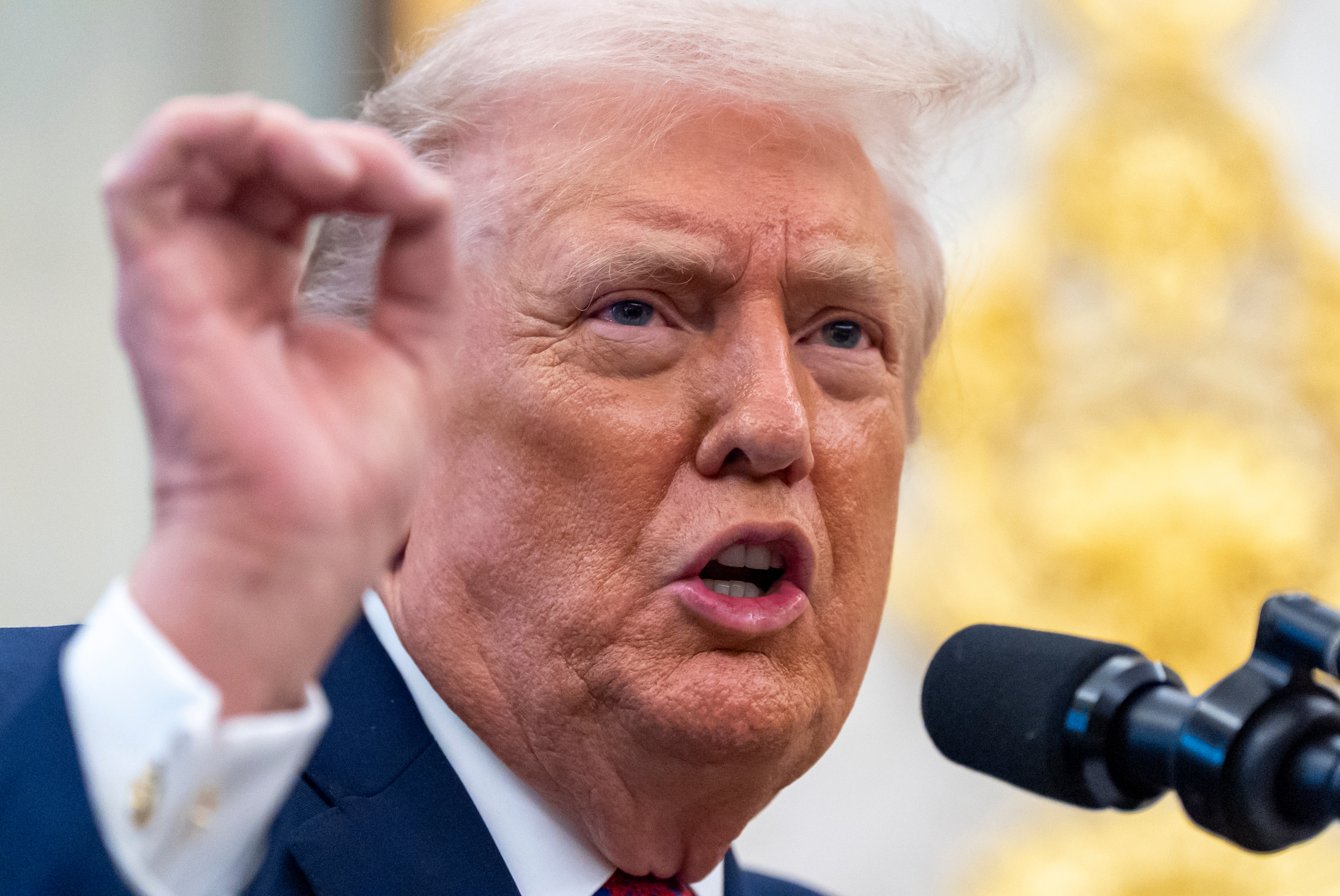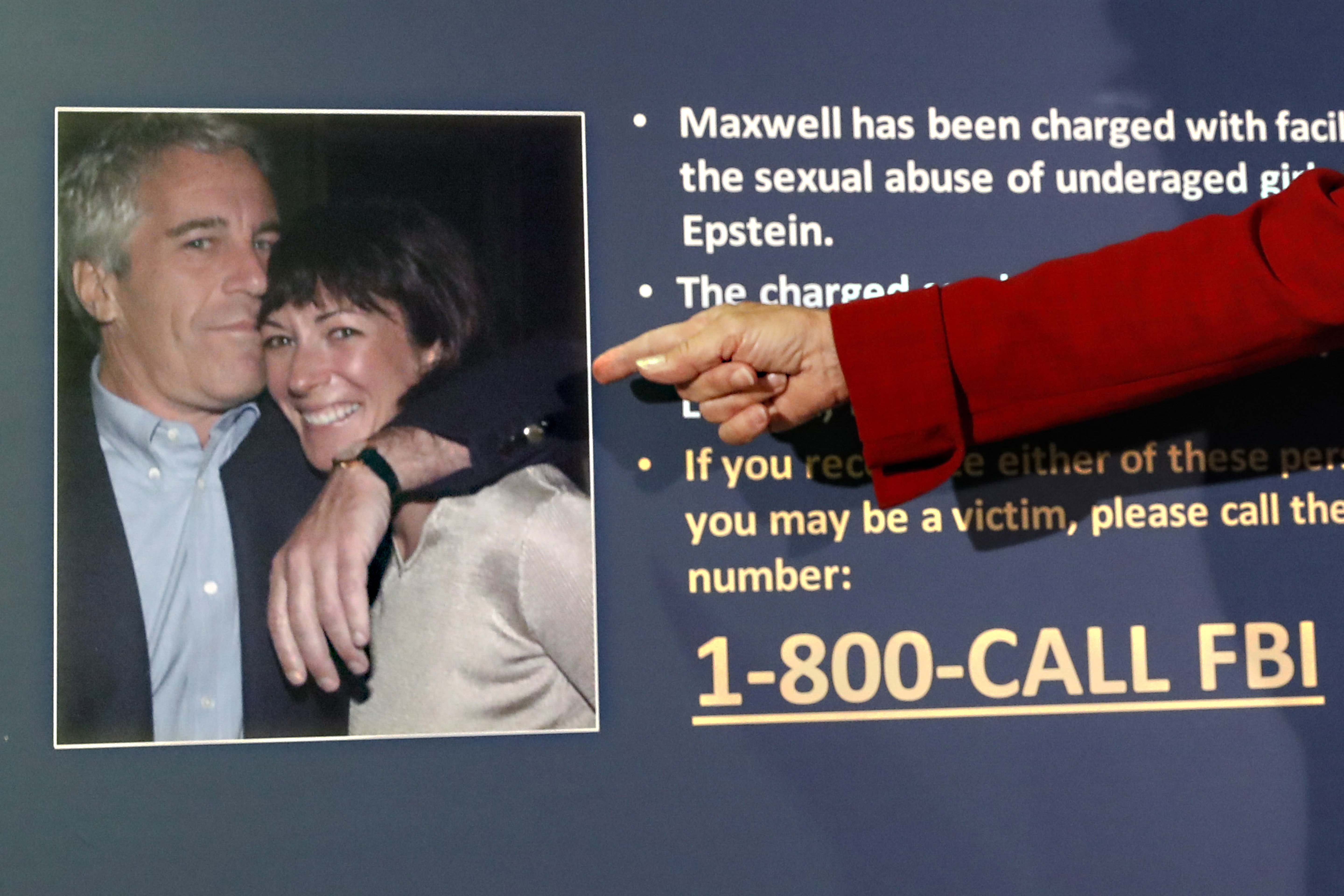The White House and Justice Department are taking another step to reform drug sentencing laws, and many Republicans are actually on board. Here's Attorney General Eric Holder on Monday.
“There are still too many people in federal prison who were sentenced under the old regime — and who, as a result, will have to spend far more time in prison than they would if sentenced today for exactly the same crime." (Via U.S. Department of Justice)
The objective here is taking executive action to commute prison sentences, something the president has done very rarely. It's part of a broader effort to soften prison sentences for non-violent drug offenders who have been crowding federal prisons.
The Obama White House also supports reforms known as "All Drugs Minus Two," which would lower federal mandatory sentencing levels by two for any drug offense. NPR gives this example: someone convicted in a crime involving 1 kilogram of heroin would currently serve at least 121 months. That's mandated under "Level 32" guidelines. But Level 30 would mandate only 97 months, a difference of about two years.
This new policy has gained popularity as U.S. prison populations have skyrocketed over the last 30 years. Since 1980, America's number of federal prisoners has grown 700 percent. About half of those inmates are in for drug offenses. (Via PBS, Congressional Research Service, Federal Bureau of Prisons)
And the ballooning federal prisons budget has made reform a bipartisan issue.
RICK PERRY: “You want to talk about real conservative governance? Shut prisons down. Save that money.” (Via The American Conservative Union)
Another GOP supporter of reduced minimum drug sentencing laws: Rand Paul. Last fall, he and newcomer Democratic Sen. Cory Booker came to an informal agreement to work across party lines on the issue. (Via MSNBC)
But there are lawmakers opposed to reform efforts at the Justice Department. And much like the support for reform, the opposition comes from both sides of the aisle.
Politico notes "At a congressional hearing earlier this month, Holder fielded complaints about the new commutation effort from a Republican who thought it too aggressive, and a Democrat who said it didn’t go far enough."
Still, drug sentencing reform seems the most likely major reform to actually make it to President Obama's desk for approval. Action on immigration or gun control any time soon looks less and less likely. (Via The White House)
And it could be even less likely if Republicans take the Senate in midterms this November, as many analysts predict. (Via FiveThirtyEight.com)
So, if Obama's does have to work with a fully GOP-controlled Congress in his last two years, drug sentencing reforms could be one of the few areas to find some bipartisan harmony. (Via The White House)











